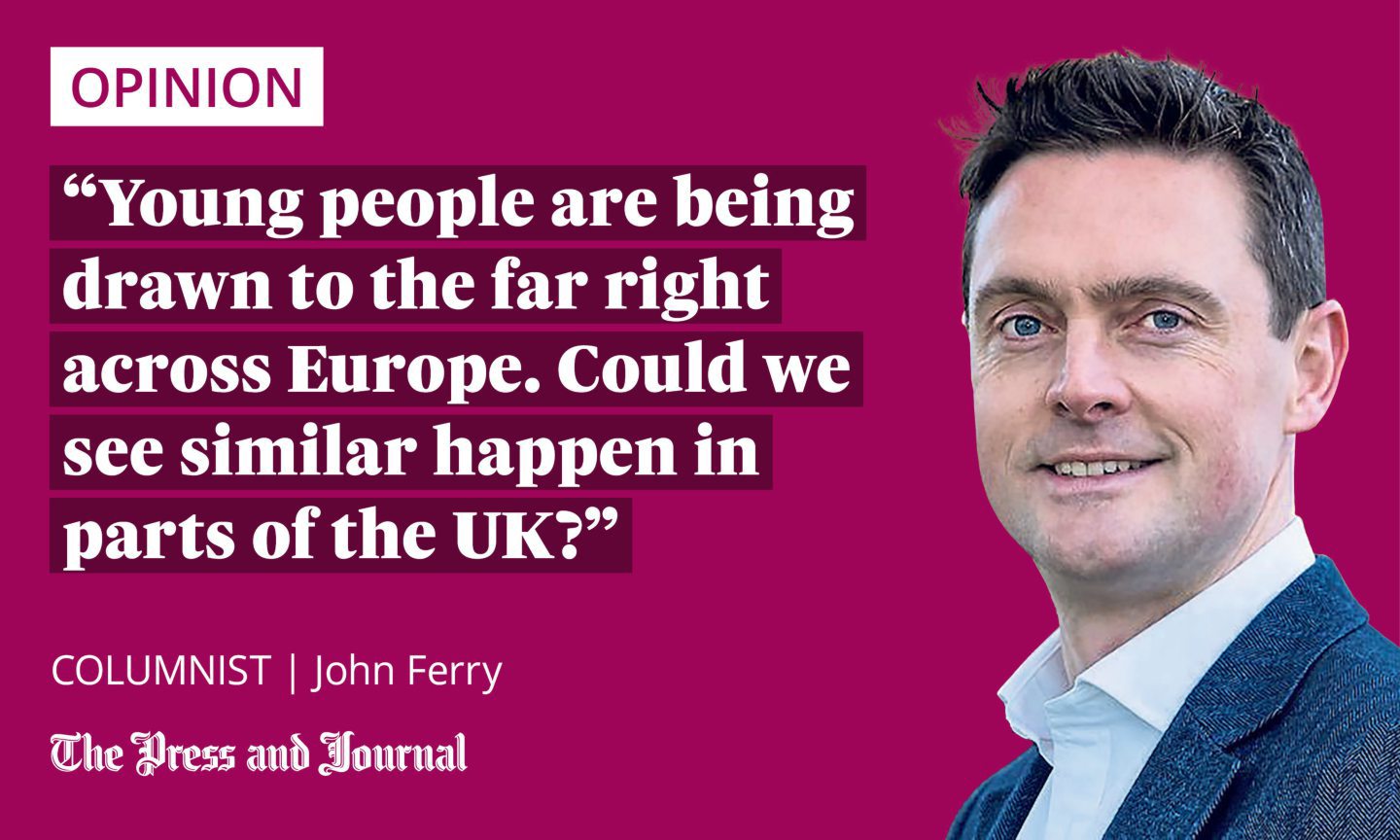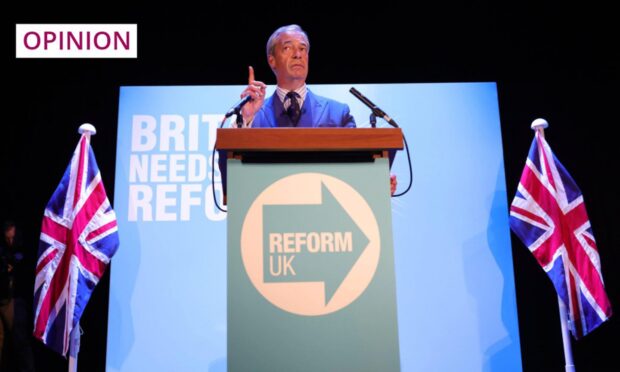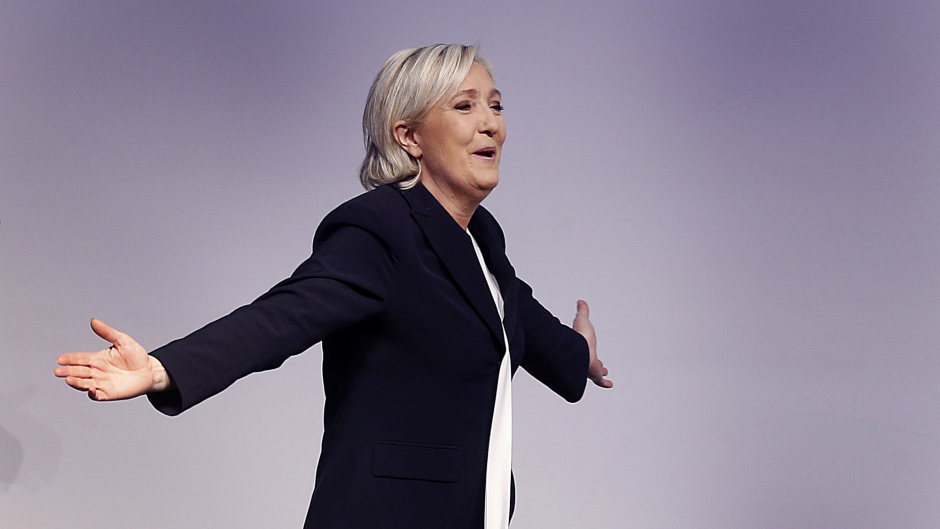Is it just me, or has this general election campaign been something of a subdued affair?
Few posters are going up in windows, and there is little election chatter to be heard in the streets.
Sure, those of us engaged politics are as involved as in previous elections. But outside of those circles, the levels of interest appear to have waned.
After Brexit, Covid, the numerous scandals at Westminster and Holyrood, and an ongoing cost-of-living crisis, it feels like exhaustion has gripped the country. The people will turn out to perform their democratic duty on July 4, but the least energy expended on it, the better.
This is ironic, because this election is set to be truly transformative. If the polls are correct, Britain could be on the cusp of a once-in-a-century realignment of its politics. The Conservative Party faces “nothing short of electoral extinction”, according to one polling expert.
As well as losing seats to Labour and the Liberal Democrats, the Conservatives also find themselves under attack from the right, via Nigel Farage’s Reform UK. Reform has gone up in the polls as the Tories have fallen.
Even if our first-past-the-post voting system leads to Reform ending up with lots of votes but a small number of seats, Farage might well get himself a base at Westminster. There is speculation that he will then either aim to cannibalise what remains of the Conservative Party, or step in and take over as its leader.

Here in Scotland, the big realignment looks set to be the SNP losing a swathe of its Westminster seats. The SNP, too, has been found out. The electorate has had enough of the party’s constant grievances, while pointing the blame at others for its own policy failures.
On the face of it, then, the outcome of the election in July looks set to be a win for moderation. A return to a more normal politics after years of populist nationalism. The revenge of the centrist dads.
I would urge caution in declaring victory, however. Britain’s great moderation has only been partially, or perhaps temporarily, secured.
Farage, and the Tory right so enamoured by him, are looking at the rise of the far right in Europe, as well as the potential return of President Trump in the US, and are licking their lips. They see a wave of nativism sweeping across western democracies, and they want to be part of it.
There is more that unites us than divides us
The European parliamentary elections held a few weeks ago saw the populist right make big gains. At national levels, Alternative for Germany came second, while in France, Marine Le Pen’s National Rally came out on top, trouncing President Emmanuel Macron’s allies. He has now called a snap parliamentary election to try to regain the initiative.
Alarmingly, a lot of young people are being drawn to the far right across Europe. Could we see similar happen in parts of the UK?
Could young people in areas open to voting for Farage be similarly drawn to the far right as a protest against the mainstream? That is certainly a danger. And, if they are, then that move will be picked on by the SNP as proof “them” down south are fundamentally different to “us” up north – we Scots, of course, being morally superior.
All these divisive framings should be resisted. There is more that unites us, whether across this island or across Europe, than divides us. We must carefully win people back from those politicians peddling nativist narratives.
Keep fighting against ‘us and them’
One glimmer of hope is that the UK might be more immune to the far right than other parts of Europe because of our relative success in integrating newcomers. For example, education policy expert Sam Freedman has pointed out that the UK is the only country in Europe, apart from Serbia, where second generation immigrant students outperformed non-immigrants, while first generation immigrants did almost as well.
Immigrants in countries like France, by contrast, tend to face greater socio-economic struggles, and to be more segregated, thus creating an environment ripe for exploitation by divisive populists.
July 4 gives us a chance to strike a blow against this type of politics, but it will not end it
Note, though, that the evidence pointing to the UK’s relative success in integrating immigrants tells us nothing fundamental about the British people – it does not mean we are morally superior to people in other European countries.
You can easily see how a nativist politician could construct a false narrative of exceptionalism by exploiting pieces of evidence like this, while disregarding the underlying drivers of successful assimilation, which are complex and multi-layered. From there, they can then advocate for barriers between “us” and “them”.
That’s how populist nationalism works. July 4 gives us a chance to strike a blow against this type of politics, but it will not end it. There are more battles to come.
John Ferry is a regular commentator on Scottish politics and economics, a contributor to think tank These Islands, and finance spokesperson for the Scottish Liberal Democrats


Conversation